Top Easiest Colleges to Get into in Texas (High Acceptance Rate)

For many students, the journey to higher education can be an overwhelming one, marked by the intense process of researching colleges, preparing for entrance exams, and for some, the nerve-wracking experience of waiting for acceptance letters. In the backdrop of this lies an interesting group of colleges that are easier to get into, known for their relatively high acceptance rates and generally lower admission criteria. Predominantly, these are community colleges and technical institutions.
An “easy-to-get-into” college primarily has a high acceptance rate, meaning a large percentage of students who apply get admitted. They usually require a lower average GPA and SAT/ACT scores than other more selective institutions. The processes guided by the Texas Higher Education Coordinating Board and the Texas Department of Education manage the broad outlines of college admissions, which typically involve completion of an online application, submission of transcripts, and usually standardized test scores, letters of recommendation, and personal statements.
The aim of this article is to introduce prospective students to some of the easiest colleges to get into in Texas, their admission processes, and what they uniquely offer students.
During your quest for a post-secondary institution that meets your needs, the following community colleges in Texas offer a more relaxed admission process:
1. Texas State Technical College
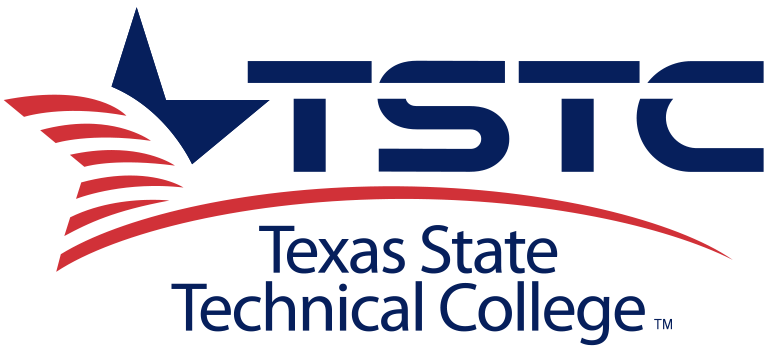
Texas State Technical College (TSTC), earlier known as Texas State Technical Institute, equips students with market-driven technical education. TSTC prides itself on having an exceptionally high acceptance rate and has a less demanding average GPA requirement, making its admission process fairly relaxed. The college also doesn’t put high emphasis on SAT/ACT scores. The tuition and fees are reasonable, given the state-of-the-art labs and industry-standard equipment. Located across ten campuses in Texas, TSTC places students in positions aligned with their technical programs, from industrial systems and engineering to welding technology.
2. Austin Community College
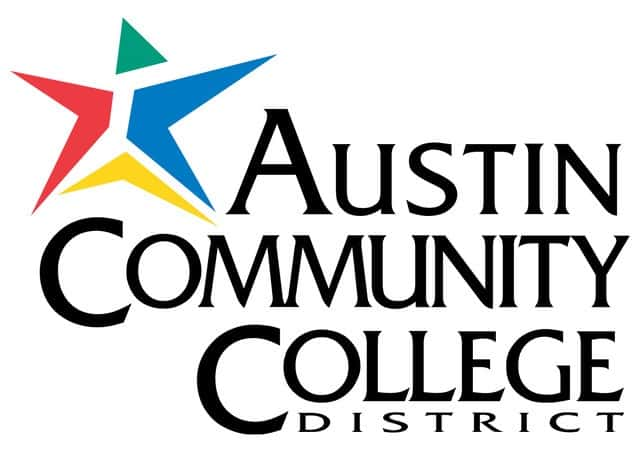
Austin Community College (ACC) is dedicated to ensuring education for all, earning itself a high acceptance rate. With an average SAT score that is easily achievable by most students, ACC fosters a culture of inclusivity. It has plenty of flexible study schedules, including online and in-person classes, and its robust tuition and fees policy also includes financial aid, scholarships, and payment plans. ACC boasts eleven learning locations across Central Texas.
3. Houston Community College
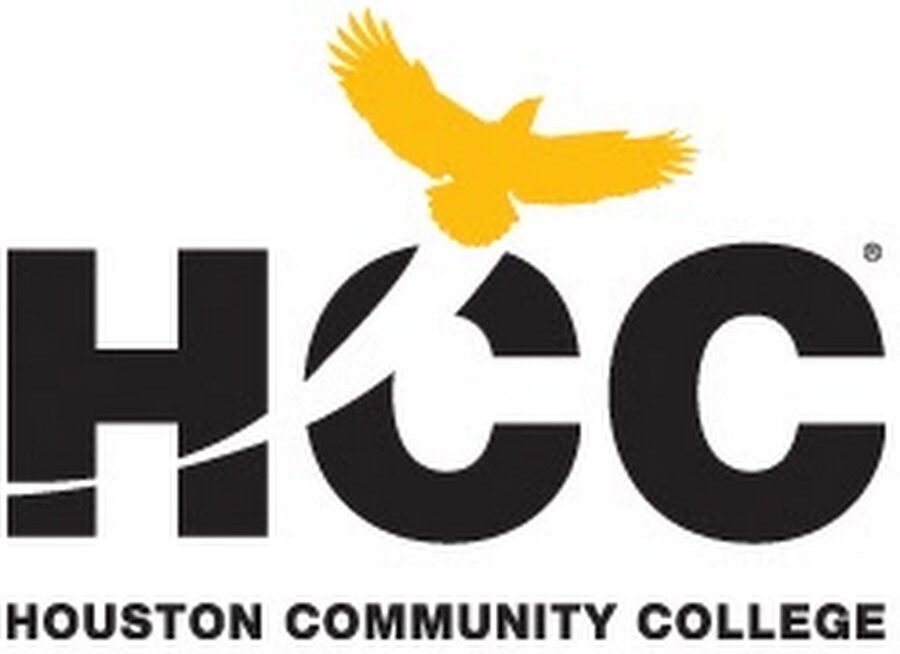
Situated in the core of Houston, Houston Community College (HCC) offers diverse study programs for students with different career paths. With an notable acceptance rate and a generous admission criterion on average GPA, it fosters an inclusive academic atmosphere. HCC provides a comprehensive spread of classes, from traditional in-person settings to online courses. It focuses on affordability with its tuition and fees structure, besides offering multiple financial aid options.
4. San Antonio College
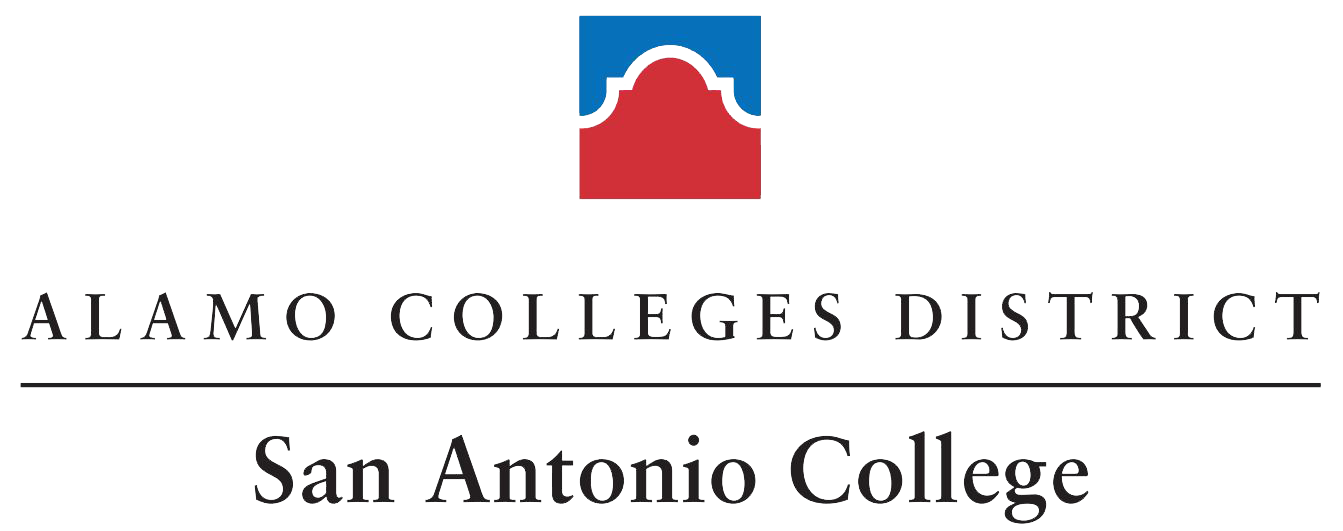
San Antonio College (SAC) is renowned for its wide array of programs, including distinctive ones like Mortuary Science. SAC maintains an open-door policy, ensuring an inclusive academic community. The average SAT/ACT scores and average GPA are set to cater to a wider academic range of students. Located at the heart of downtown San Antonio, it is easily accessible for students and offers RAF Alamo University Center, allowing partnerships with four-year universities.
5. El Paso Community College
El Paso Community College (EPCC) prioritizes student success and boasts a high acceptance rate. The SAT/ACT score that EPCC considers falls under the relatively lower bracket. EPCC is known for the pathway programs it provides, facilitating students’ smooth transition to four-year universities. Located in El Paso, the college offers a picturesque learning environment and affordable tuition and fees which make quality education accessible to all.
6. Dallas College

Previously called Dallas County Community College District, Dallas College stands out for its affordable course structures. Dallas College offers an open access policy, and with average GPA and the SAT/ACT scores required relatively lower, a larger student group is catered to. Dallas College has multiple campuses throughout Dallas County, further improving its student accessibility.
7. Tarrant County College
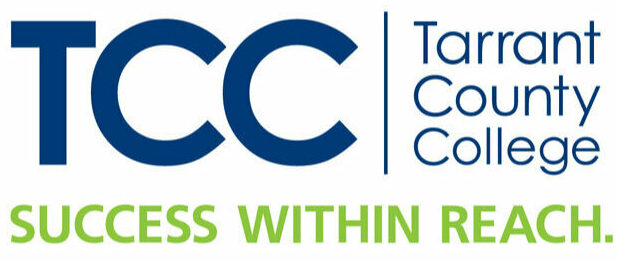
Offering many Continuing Education programs, Tarrant County College (TCC) upholds an open admission policy and boasts a high acceptance rate. With campuses throughout Tarrant County, including Fort Worth, Hurst, and Arlington, TCC is easily accessible. The tuition and fees at TCC are designed to be affordable, and payment plans and scholarships are available for students.
8. Collin County College

Collin County College, also called Collin College, operates on an open-door policy promising inclusivity. It showcases average SAT scores and average GPA on the easier-to-achieve end, making it one of the easiest colleges to get into in Texas. The tuition and fees are comparatively lower, and given that the college employs professors with advanced degrees, the value for money is impressive.
9. Lone Star College

With its several campuses in and around Houston, Lone Star College prides itself on diversity and inclusivity. The average GPA and SAT/ACT scores required are relatively lower, making the admissions less daunting. The tuition and fees compared to the variety of programs offered, deliver an excellent return on investment.
10. Clarendon College
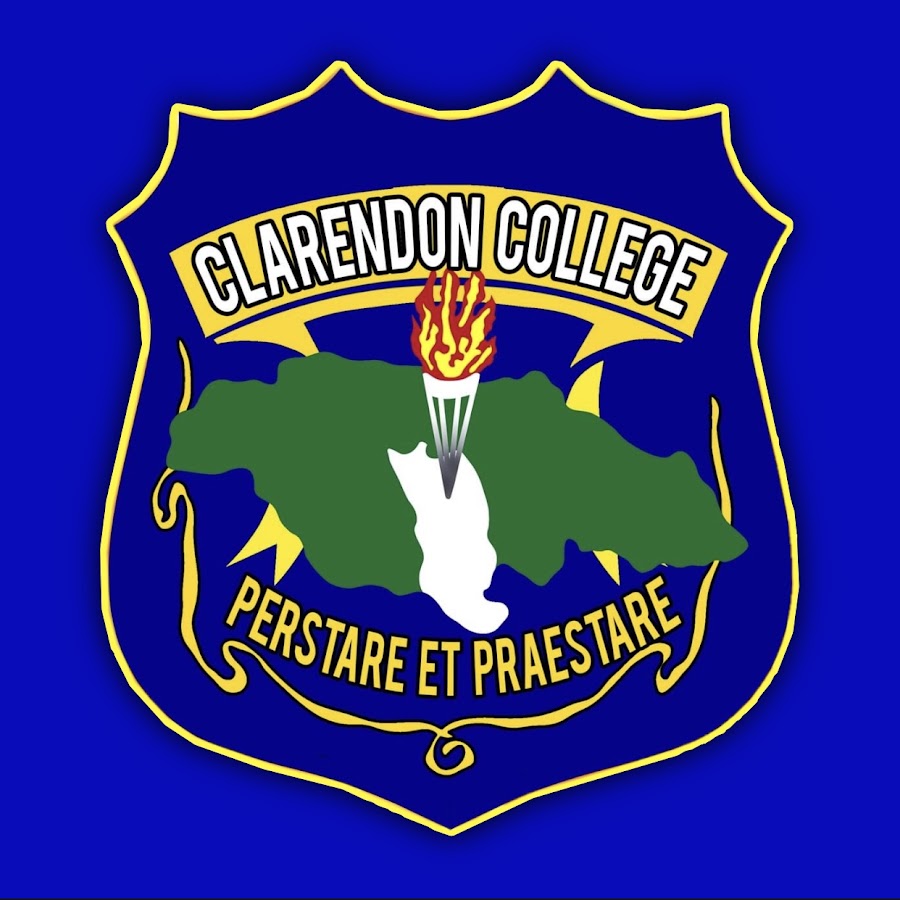
Clarendon College, comfortably nestled in the Texas Panhandle, has a strong reputation for nurturing student success. As one of the oldest community colleges in Texas, it seamlessly blends academic rigor with personal development support, creating a well-rounded educational experience. Clarendon College is open to all students, irrespective of their academic backgrounds, making it an easier college to gain admission into. With a focus on student success and affordability reflected in its moderate tuition and fees, Clarendon College significantly contributes to the higher education landscape of Texas.
These institutions are designed to cater to a wide spectrum of educational goals and aspirations. With their pleasingly high acceptance rates and comparatively lower criteria for average GPA and SAT/ACT scores, students can pursue their dream of higher education without the daunting pressure often associated with the admission process. Furthermore, the tuition and fees are affordable and justifiable by the quality and diversity of the learning programs offered at these colleges.
Conclusion
Remember, all the colleges listed above are among the easiest to get into in Texas, but what matters most is finding a school that aligns with your passion, needs, strengths, and career goals. We can’t stress enough the importance of conducting thorough research!
FAQ
1. What is an “Easy-to-get-into” College?
An “easy-to-get-into” college, like many of the community colleges in Texas, usually has a high acceptance rate and lower admission criteria, such as average GPA and average SAT/ACT scores.
2. What Are Some of the Easiest Colleges to Get Into in Texas?
This article highlights several institutions with high acceptance rates and comparably easier admission processes, including Texas State Technical College, Austin Community College, Houston Community College, San Antonio College, El Paso Community College, Dallas College, Tarrant County College, Collin County College, Lone Star College, Navarrette College, and Clarendon College.
3. How is the College Admissions Process in Texas?
The college admissions process in Texas—guided by the Texas Higher Education Coordinating Board and the Texas Department of Education—usually involves an online application, transcript submission, and possibly standardized test scores, recommendation letters, and personal statements.
4. What Are the Benefits of Attending an Easy-to-get-into College?
Benefits can include higher chances of admission, lower stress during the admissions process, potentially lower tuition, and smaller class sizes.
5. What Are the Challenges of Attending an Easy-to-get-into College?
Challenges may entail potentially fewer resources, less competitive programs, or less rigorous programs.
6. How Can I Make My Application to an Easy-to-get-into College Stronger?
Tips include showcasing your qualifications and passion in your personal statement, organizing application materials in advance, ensuring your application is error-free, and seeking help from teachers, counselors, or the colleges’ admissions offices.
7. Are These Easy-to-get-into Colleges Accredited?
Yes, all these colleges are accredited by the Southern Association of Colleges and Schools Commission on Colleges and are part of the Texas Association of Community Colleges.




